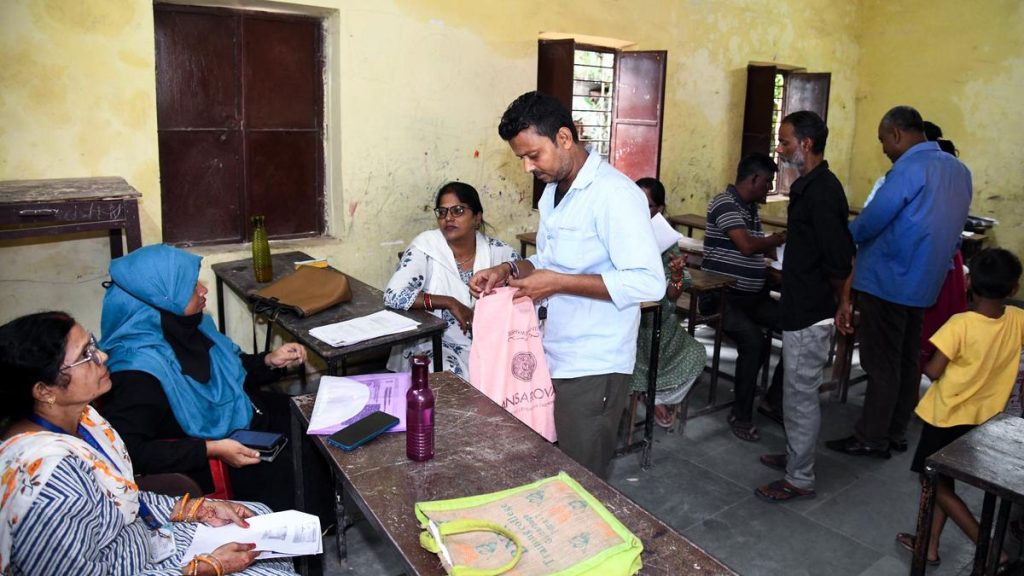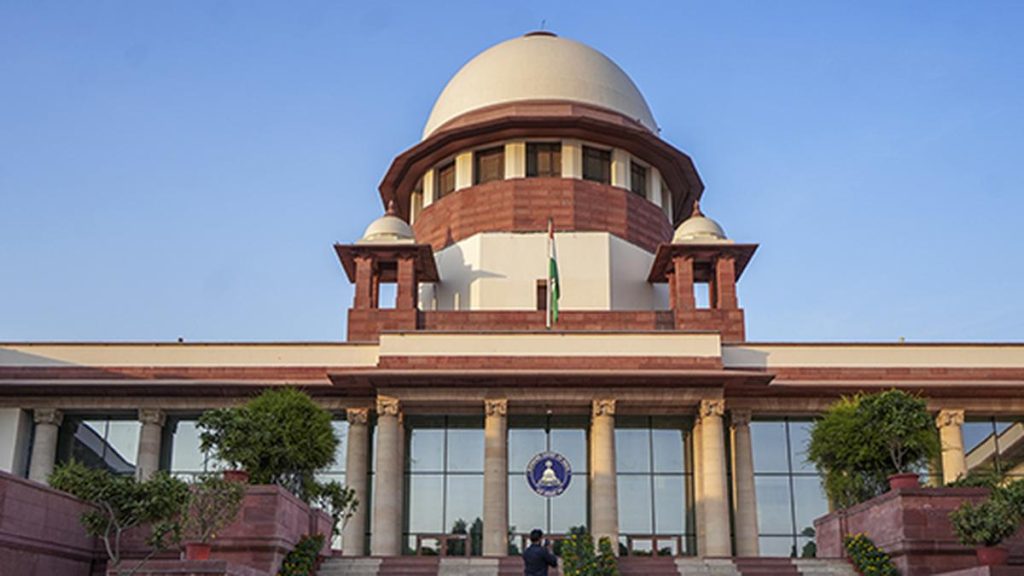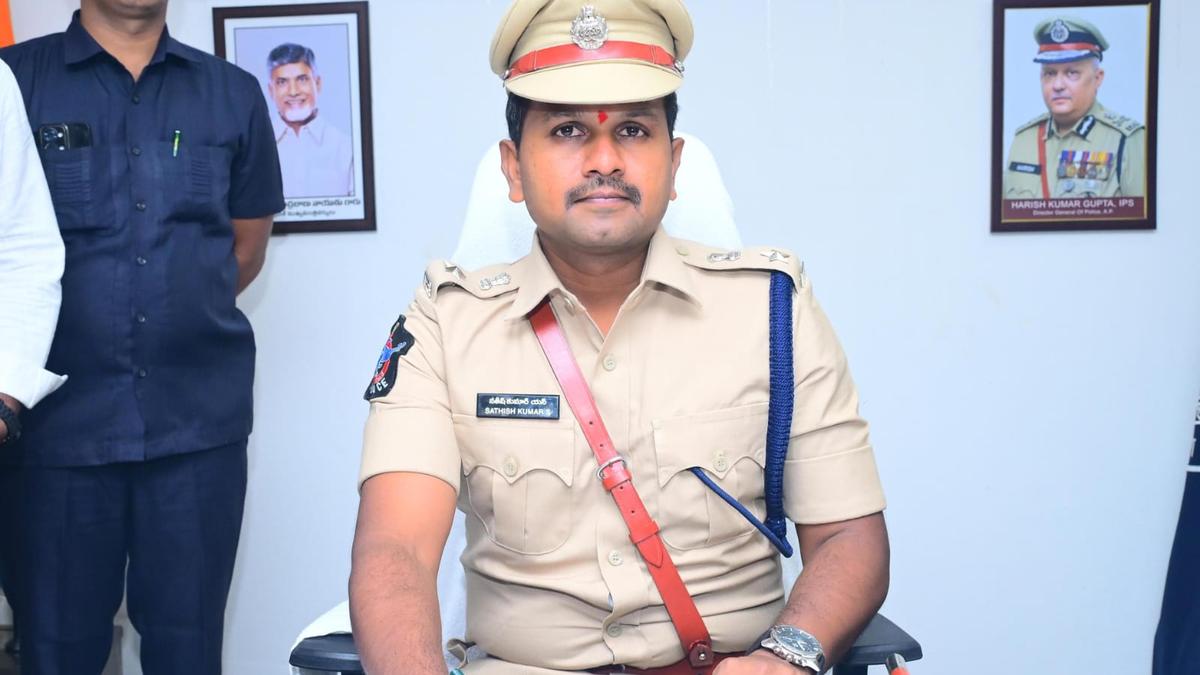Now Reading: YSRCP Holds Andhra Pradesh Govt Accountable for Vijayawada Diarrhoea Outbreak
-
01
YSRCP Holds Andhra Pradesh Govt Accountable for Vijayawada Diarrhoea Outbreak
YSRCP Holds Andhra Pradesh Govt Accountable for Vijayawada Diarrhoea Outbreak
Quick Summary
- Incident: Severe diarrhoea outbreak reported in New Rajarajeswari Pet, Vijayawada; over 700 cases identified in five days.
- YSRCP Delegation: Fact-finding team visited affected areas,interacted with residents,and inspected health camps.
- Key Observations:
– Residents complained of foul-smelling muddy water and overflowing drains.
– Allegations of government negligence include lack of ambulances, paediatric doctors, proper case enumeration, and water testing before supply.
– Contrasts drawn between handling by current coalition government and YSRCP’s earlier tenure.
- Government Reported Cases: Official acknowledgment is limited to 270 cases.
- Demands from YSRCP Delegation:
– Immediate steps for clean water supply, medical care, sanitation drives, and compensation for victims.
– Threat to escalate issue to the Governor if corrective action is not taken.
Indian Opinion Analysis
While diarrhoea outbreaks are a recurring challenge during urban monsoons in India due to infrastructure strains on sanitation systems, this particular case highlights the disconnect frequently enough seen between officially acknowledged figures and ground-level reports. The allegations against the coalition government’s management underscore concerns around public health infrastructure. Specific complaints from residents-like absence of water testing or sanitary maintenance-are critical issues that need systemic solutions rather than temporary relief efforts.
The delegation’s contrasting references to earlier governance under YSRCP should be assessed objectively; any improvements claimed must be corroborated with data substantiating impact beyond political narratives.If proven accurate though, their demands for immediate safe drinking water supplies and enhanced medical care are valid priorities that could mitigate further escalation of health risks in densely populated urban pockets like Vijayawada.
Policy lessons may emerge here related to proactive disaster prevention measures thru systematic investment in basic utilities like clean drinking water access-an enduring issue across India’s cities where municipal resources frequently enough fall short during crises such as these.
Read more: https://www.thehindu.com/theme/images/th-online/1x1_spacer.png






















